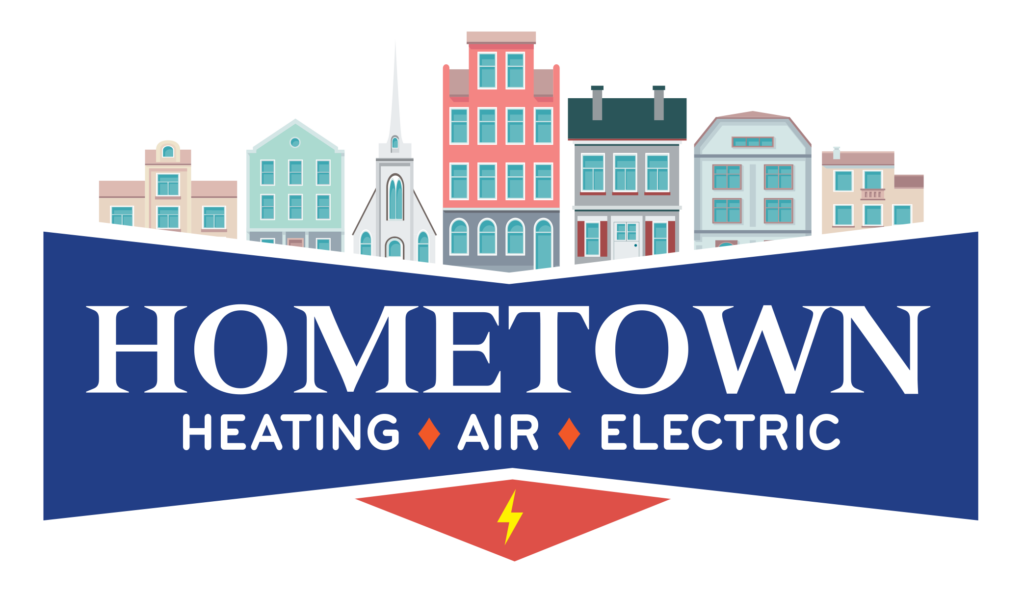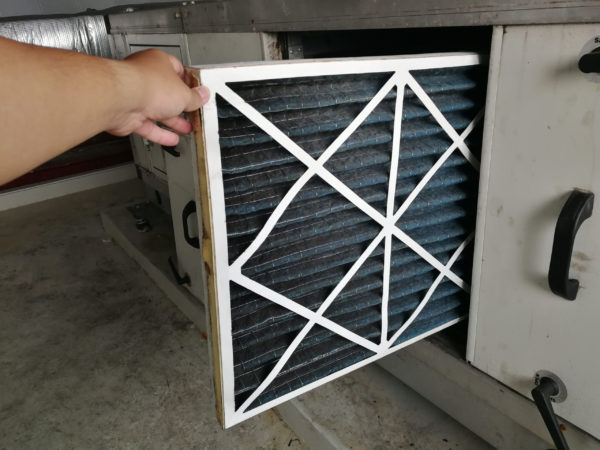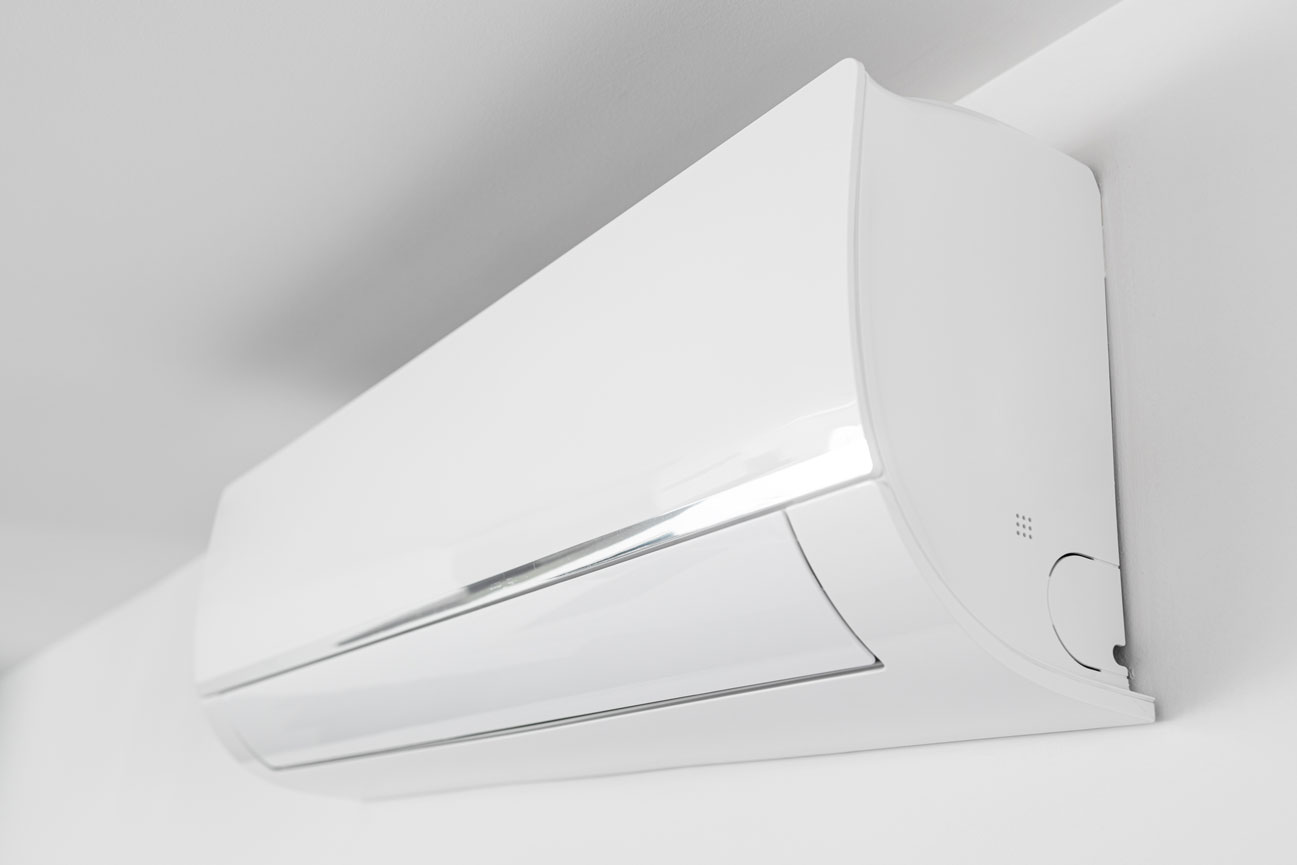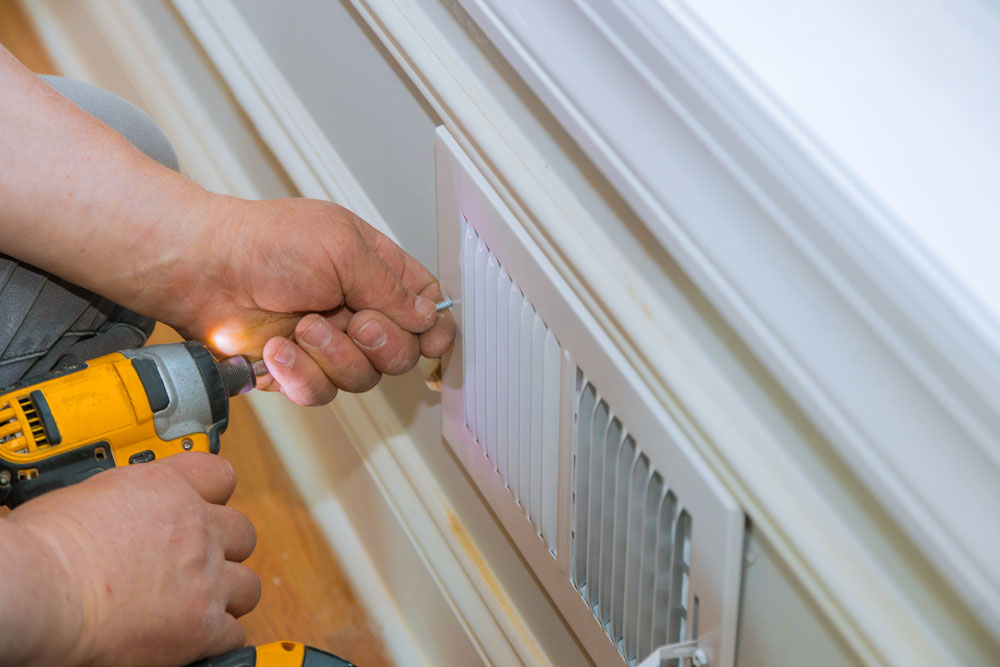Many people believe that their HVAC system only delivers warm air in the winter and cool air in the summer and provides some ventilation. But the fact is your HVAC system has a great impact on the quality of air in your home all throughout the year. Our HVAC professionals at Hometown Heating, Air & Electric know that a well-maintained system can improve your home’s air quality, while a badly maintained one can worsen it.
Good HVAC, Good Air
Among the things a well-maintained HVAC system does for your indoor air quality are:
- Remove pollutants and odors
- Discourage pests
- Keep humidity low
- Keep home well ventilated
Our customers are often surprised to learn that the air inside their home can be many times more polluted than the air outdoors. But your HVAC system filters the outside air as it comes in, and that filter traps pollutants such as pollen, dust, mold spores, viruses and bacteria. The cleaner air that results lowers the risks of you or members of your household suffering from allergies, asthma or other respiratory problems.
One of the best things your air conditioning does is lower the humidity in your home, as cold air does not hold moisture as well as warm air. High humidity can make you comfortable even if the temperature is not very high. It can also encourage the growth of pathogenic mold and mildew. On the other hand, the cold air of winter is extremely dry, and the warmed air of a heating unit carries enough humidity to keep the household comfortable.
One problem with new homes is that they are well sealed to help them be more energy efficient. But a drawback of this is the interruption of a healthy airflow. Stale air holds on to pollutants and uncomfortable levels of humidity. Fortunately, the ventilation part of HVAC is the simplest to employ. Ceiling fans, the fans found in HVAC units and open doors and windows help the flow of fresh air throughout your home.
Bad HVAC, Bad Air
An HVAC system that is in disrepair not only fails to deliver cooling, heating and ventilation adequately but can actually be dangerous to your health. Simply, all of the problems that are prevented by a functioning HVAC system are present in one that is either badly maintained or that has been badly installed or designed. This means it allows bad smells and pollutants, including bacteria, mold and dust into the indoor air and blows warm or cool air at such speeds that you’re always uncomfortable. A bad HVAC system also does not regulate humidity, which leads to discomfort and can promote the growth of mold.
Leaking ductwork not only reduces the efficiency of your HVAC, but many critters, including possums, mice and rats find them the perfect places to build a nest. The ductwork blows their droppings and other waste into your indoor air. Worse, it’s not uncommon for animals to die in your ductwork, and the smell of that lingers even if your HVAC system is working.
But pollutants and procreating or dead animals aren’t even the worst things that can happen with leaky ductwork. Backdrafting can happen when gas from your boiler, furnace or hot water heater re-enters your home instead of being vented to the outside. This can cause carbon monoxide, an odorless, tasteless, colorless and deadly gas to infiltrate your rooms.
Bad smells from the ductwork are one sign of poor air quality caused by your HVAC. Other signs may be more subtle. The inside of your home may still be uncomfortably humid even with the AC on. One room may be much cooler or warmer than the other even though you don’t have a zoned system. The system may be blowing air at too high a speed, which also causes discomfort.
Call Us to Learn More
Working HVAC systems are a must in Cedarburg, WI. They not only keep homes cool in the summers but protect you against our brutal winters. Because these systems have to work as hard as they do, they are subject to problems that make them less efficient. When they are less efficient, they can cause the quality of our customer’s indoor air to deteriorate, sometimes to the point where health is affected.
Don’t hesitate to call our HVAC professionals at Hometown Heating, Air & Electric to troubleshoot your system and make sure it and your indoor air quality are always in top condition.



